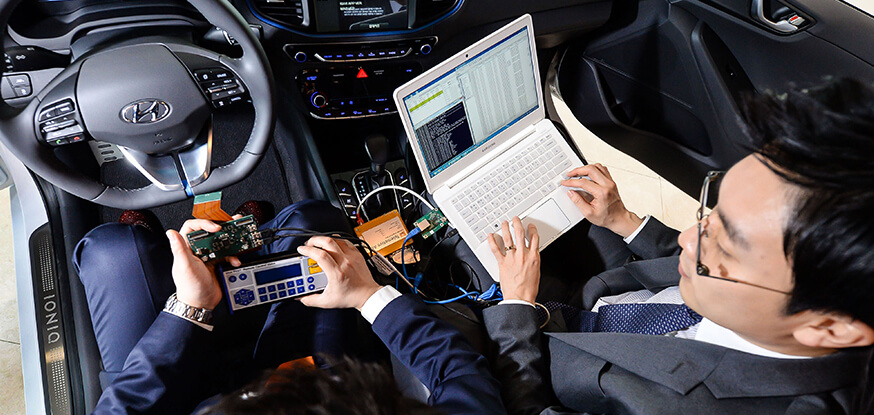South Korean car manufacturer Hyundai Motor Company and multinational conglomerate Cisco has announced plans for a next-generation hyper-connected car that it hopes to officially unveil in 2019. In 2016, the companies announced that they had entered a strategic agreement in relation to a new approach to communication inside vehicles.
At the time, the duo claimed that they were both committed to creating a flexible and more secure platform that would offer a path to innovate and build on smart-vehicle solutions. Analysts suggested that the partnership's unique mix of networking and automotive expertise would accelerate the development and subsequent deployment of its innovative platform.
It has claimed its new platform will drive innovation inside the vehicle and tipped it to completely disrupt the automotive sector. The platform is highly configurable and secure and provides consumers with the flexibility to design and build new services. It will provide 'over-the-air updates' and accelerate the time it takes to bring new capabilities to market.
Cisco and Hyundai have championed the use of software defined vehicle (SDV) architecture and the in-vehicle networks which enable adaptive technologies. The development of first-generation solutions will enable 1Gbps Ethernet. This will significantly increase the in-vehicle bandwidth. The solutions will provide flexibility, lower costs, and improved security.
VP and Chief of Staff to CEO, Cisco, Ruba Borno has expressed his delight at the progress the strategic partnership has and believes it will deliver better cars in a much more efficient and effective way.
He said, "Cisco is pleased to bring a standards-based approach in partnership with the automotive industry, one that will help accelerate innovation and increase the value to the consumer. By creating a flexible, scalable, and secure platform, we are allowing automotive companies to deliver better cars - faster."
By moving to an open, highly secure platform, the companies hope to lay the groundwork for a number of other projects and are exploring integration into Hyundai data centers, giving access to real-time data, connecting cars to city infrastructure or the ability to 'communicate' with lights and parking meters.

